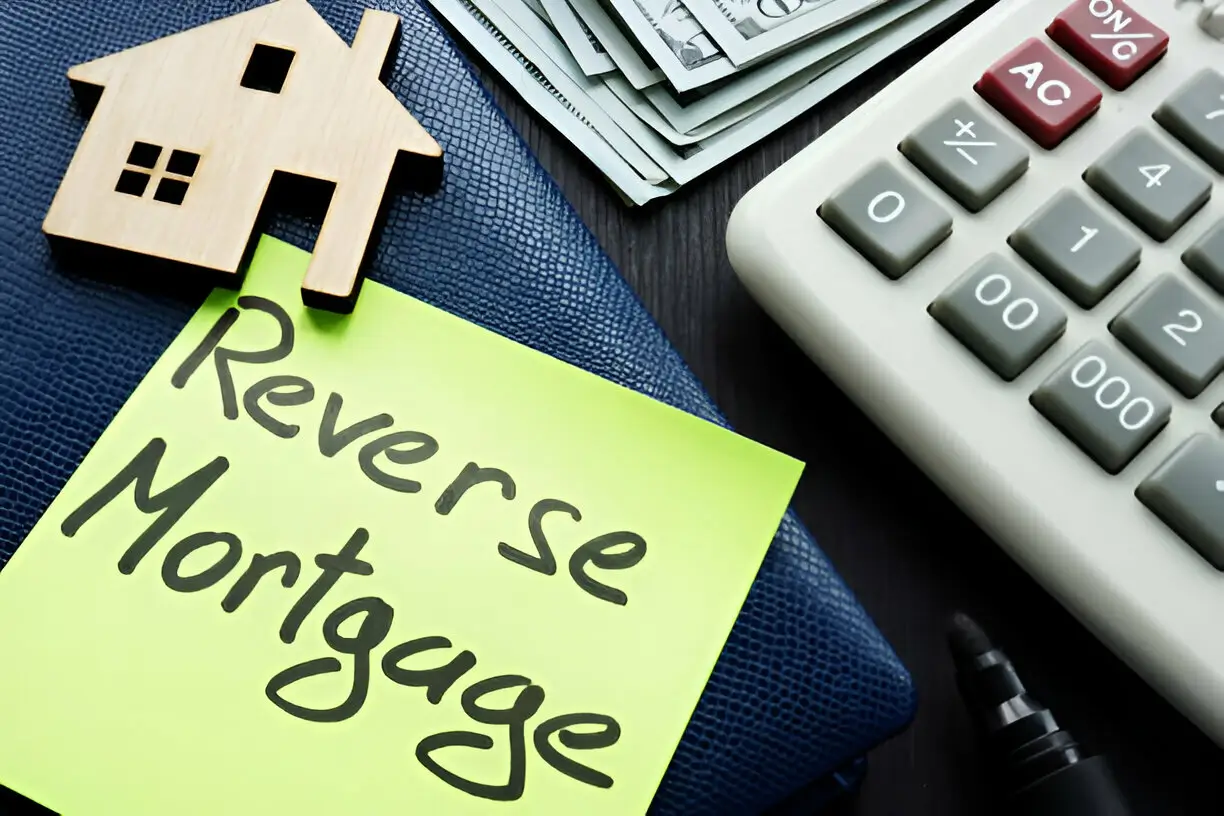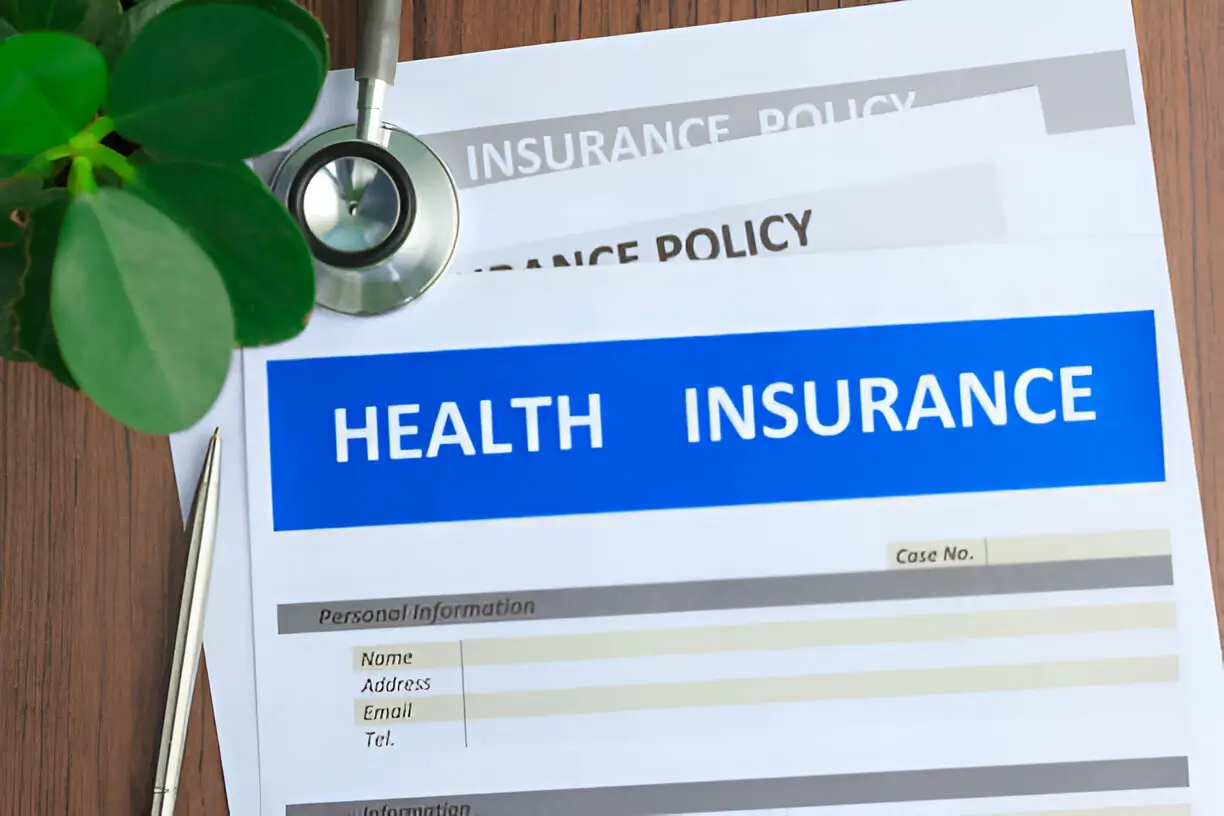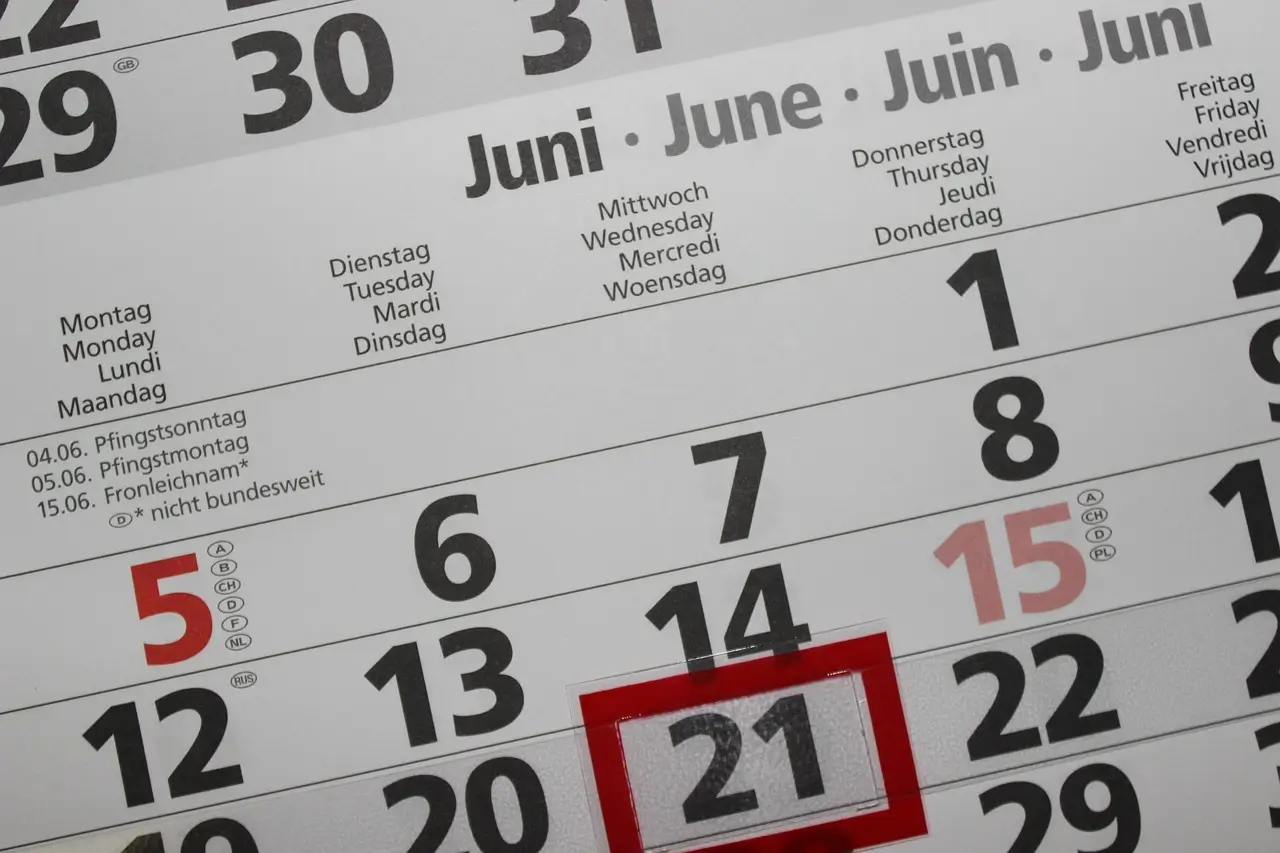Homeowners insurance can feel like a maze of terms and conditions, but it’s crucial to protecting your biggest investment. Want to ensure your home and belongings are covered without any surprises? Our guide will break down everything you need to know in a clear, concise way. Discover the ins and outs of homeowners insurance, and learn how to choose the right policy for your needs. Ready to dive in? Let’s get started.
Understanding Homeowners Insurance: What You Need to Know
What Is Homeowners Insurance?
Basic Definition
Homeowners insurance is a type of property insurance that covers losses and damages to an individual’s house and assets in the home. It also provides liability coverage against accidents in the home or on the property.
Why It Matters
This insurance is crucial because it protects one of your most significant investments—your home. It ensures that if disaster strikes, you’re not left footing a massive repair or replacement bill on your own.
Types of Coverage
Dwelling Coverage
Dwelling coverage pays for damage to the structure of your home from covered perils like fire, wind, and hail. This includes the roof, walls, and foundation, ensuring you can rebuild if necessary.
Personal Property Coverage
This aspect of your policy covers your personal belongings—furniture, electronics, clothing—if they’re stolen or damaged. Policies typically cover these items at their replacement cost, not their depreciated value.
Liability Protection
Liability protection covers you against lawsuits for bodily injury or property damage that you or family members cause to other people. It also covers damage caused by pets.
How Much Coverage Do You Need?
Assessing Your Home’s Value
Start by determining the cost to rebuild your home at current prices. This is often different from the market value and ensures you can fully rebuild if necessary.
Personal Property Inventory
Conduct a home inventory to estimate the value of your personal belongings. This helps determine the amount of personal property coverage you need.
Choosing the Right Policy
Comparing Quotes
Shop around and compare quotes from different insurance companies. Look at the coverage limits, deductibles, and exclusions to ensure you’re getting the best deal.
Understanding Exclusions
Every policy has exclusions—things it doesn’t cover. Common exclusions include flood and earthquake damage, which might require separate policies.
Real-Life Example: The Importance of Adequate Coverage
The Thompson Family
The Thompsons had a standard homeowners policy but didn’t realize it excluded flood damage. When a severe storm caused flooding, they were left with significant out-of-pocket expenses. This underscores the importance of understanding what your policy covers and doesn’t cover.
The Martinez Family
The Martinez family had comprehensive coverage, including an endorsement for high-value items like jewelry and electronics. After a break-in, their policy covered the full replacement cost, demonstrating the value of adequate personal property coverage.
Common Mistakes to Avoid
Underinsuring Your Home
Don’t skimp on coverage to save money on premiums. If your home is underinsured, you could be left with substantial out-of-pocket costs after a disaster.
Ignoring Policy Details
Many people buy insurance and forget about it. Review your policy annually and update it if you make significant home improvements or acquire valuable items.
Tips for Reducing Premiums
Increase Your Deductible
Opting for a higher deductible can lower your premium. Just ensure you have enough savings to cover the deductible if you need to file a claim.
Bundle Policies
Many insurers offer discounts if you bundle your homeowners insurance with other policies, such as auto or life insurance.
Conclusion
Homeowners insurance is a vital part of protecting your home and personal belongings. By understanding the types of coverage available, assessing your needs accurately, and choosing the right policy, you can ensure that you’re well-protected against potential risks. Avoid common mistakes and consider ways to reduce your premiums without sacrificing coverage. With the right homeowners insurance policy, you can have peace of mind knowing your home is secure.
FAQs
What does homeowners insurance typically cover?
Homeowners insurance typically covers the structure of your home, personal belongings, liability protection, and additional living expenses if you’re temporarily unable to live in your home due to a covered loss.
How can I lower my homeowners insurance premium?
You can lower your premium by increasing your deductible, bundling policies, improving home security, and maintaining a good credit score.
What is not covered by standard homeowners insurance?
Standard homeowners insurance typically doesn’t cover flood or earthquake damage. These require separate policies. It also may not cover high-value items like jewelry unless you add an endorsement.
How often should I review my homeowners insurance policy?
Review your policy annually or after any significant life events, such as home renovations or acquiring high-value items, to ensure your coverage is adequate.
Why is liability coverage important?
Liability coverage protects you against lawsuits for bodily injury or property damage that you or family members cause to others. It also covers incidents caused by pets, providing financial protection in case of lawsuits.






